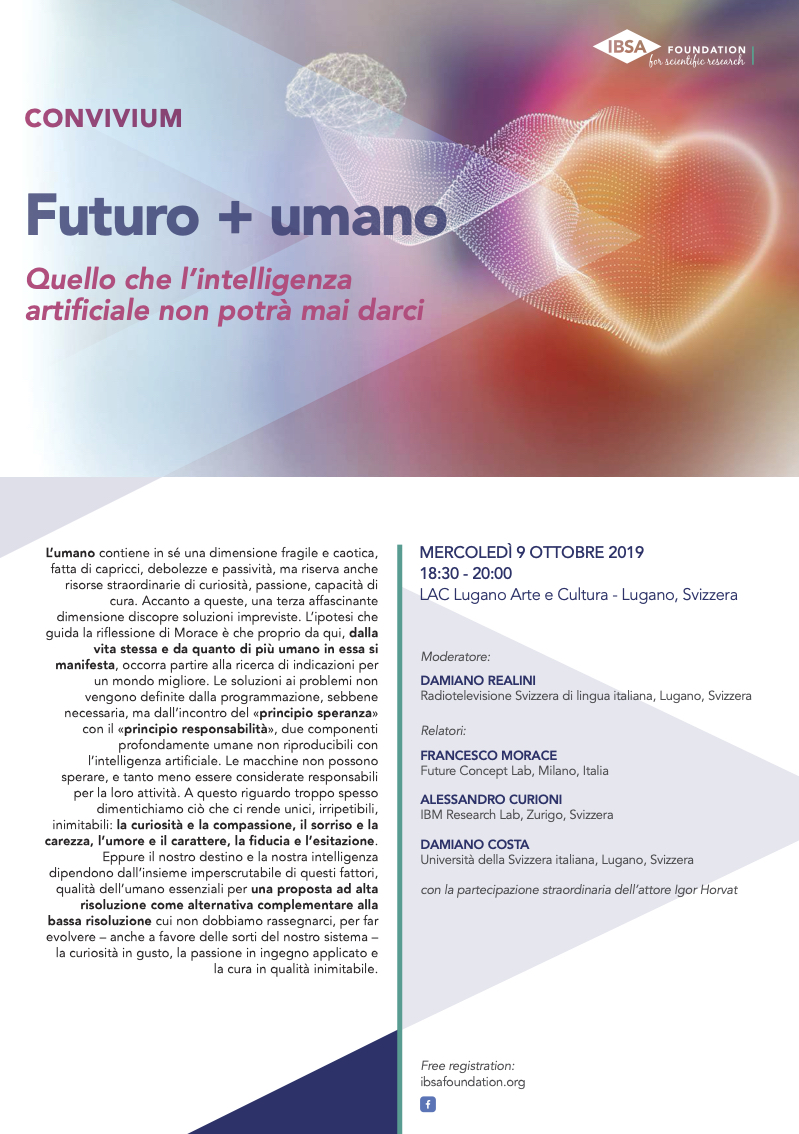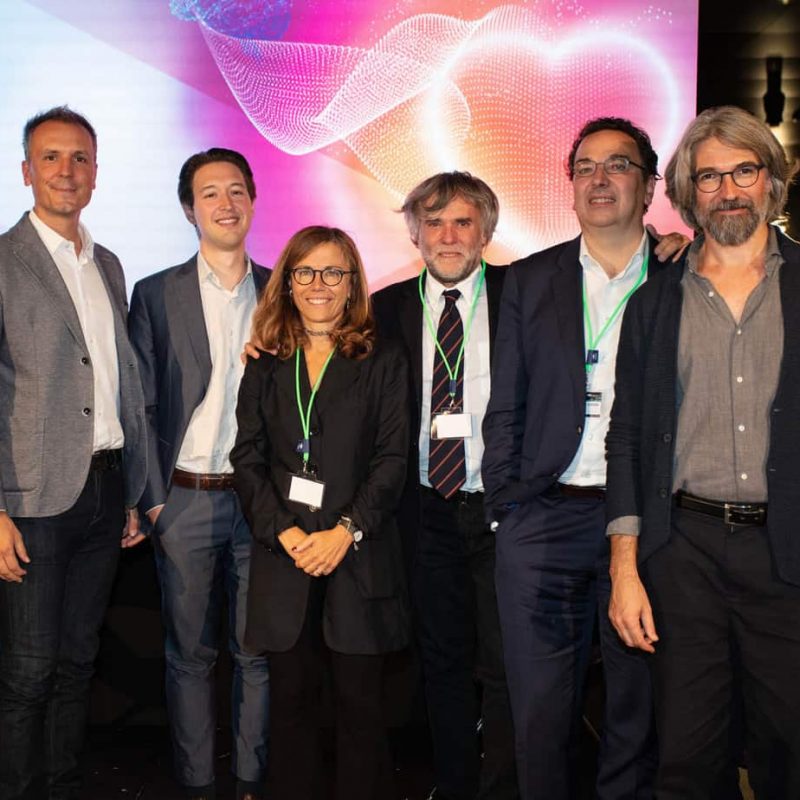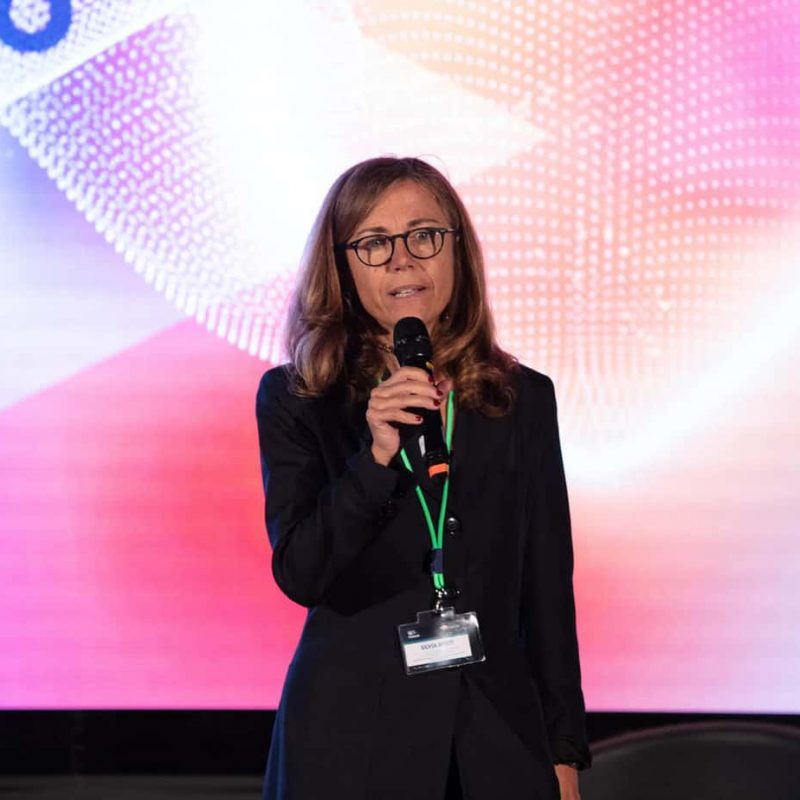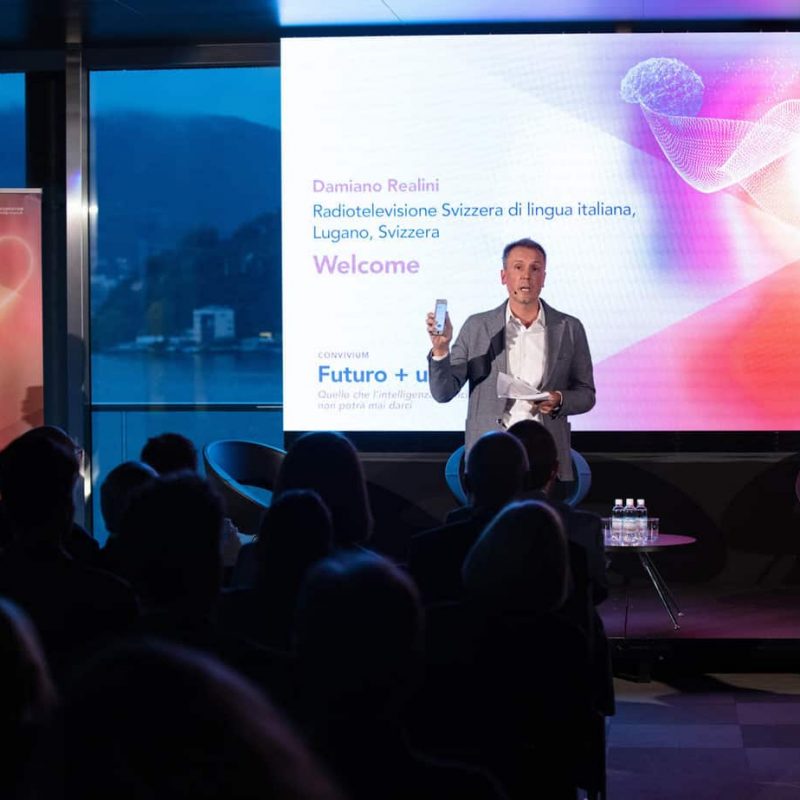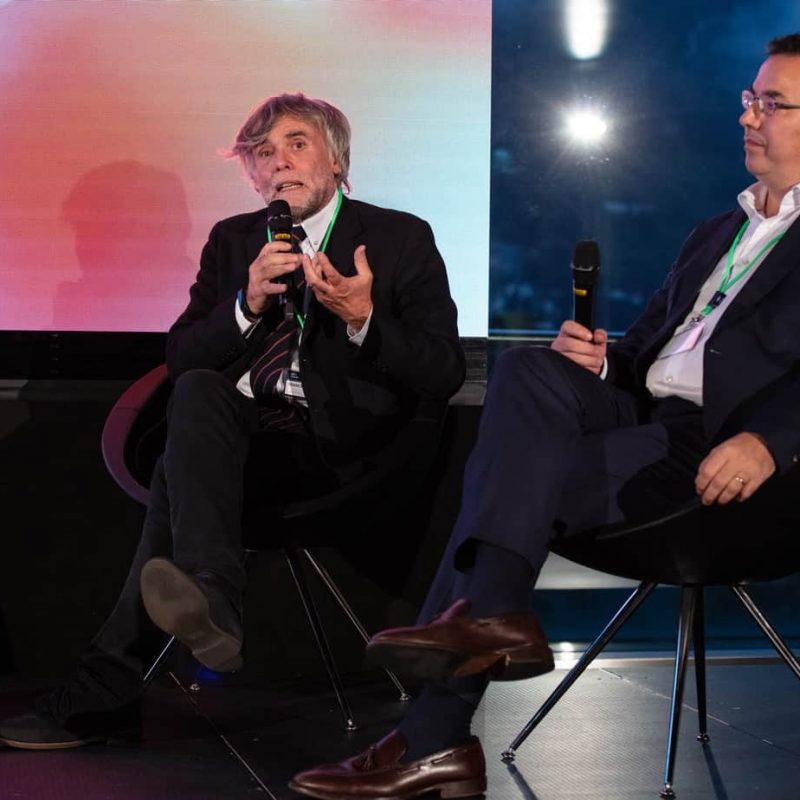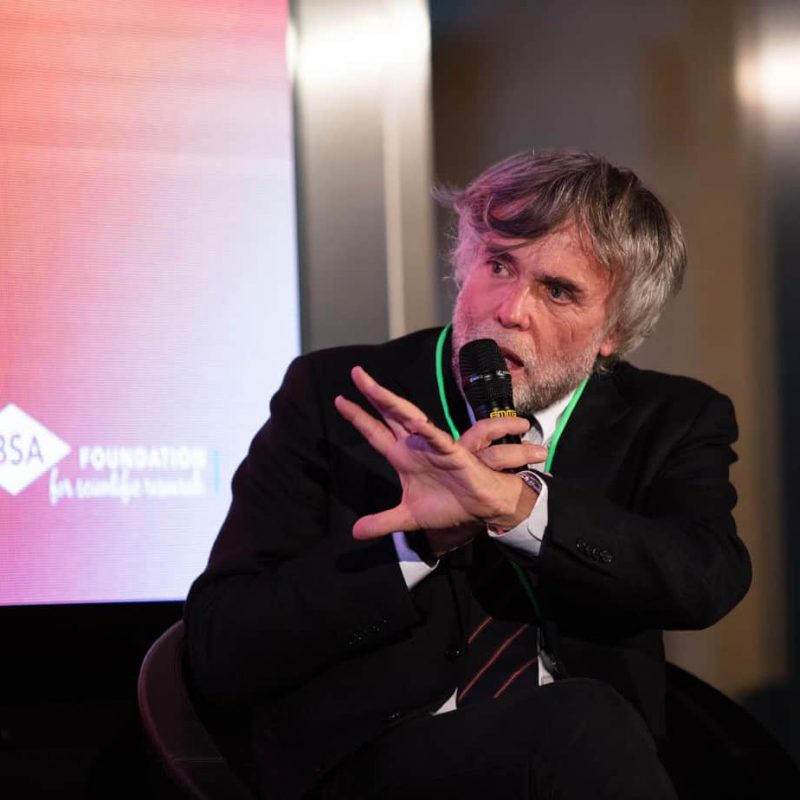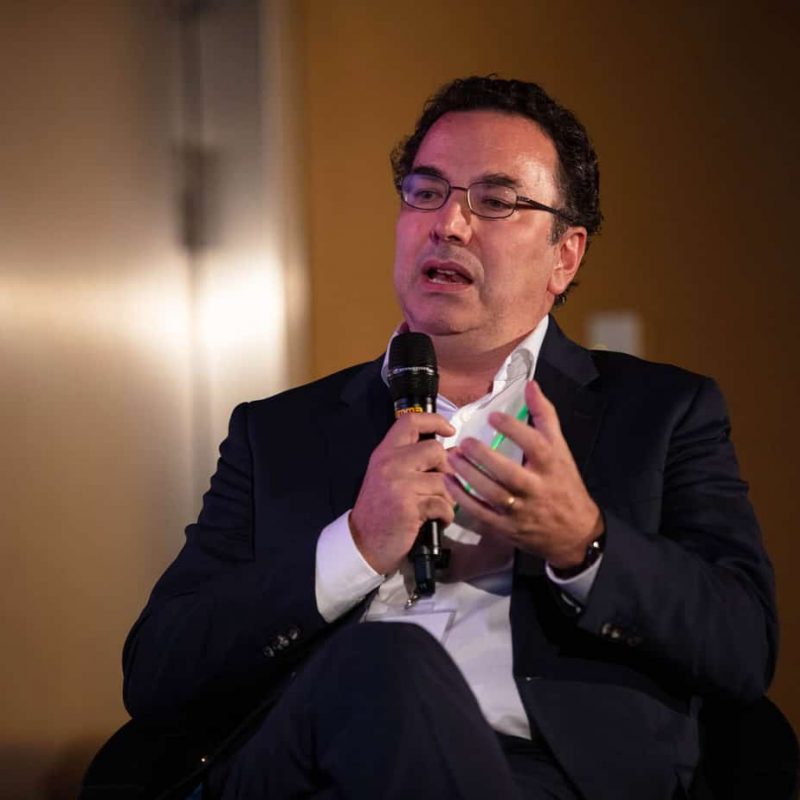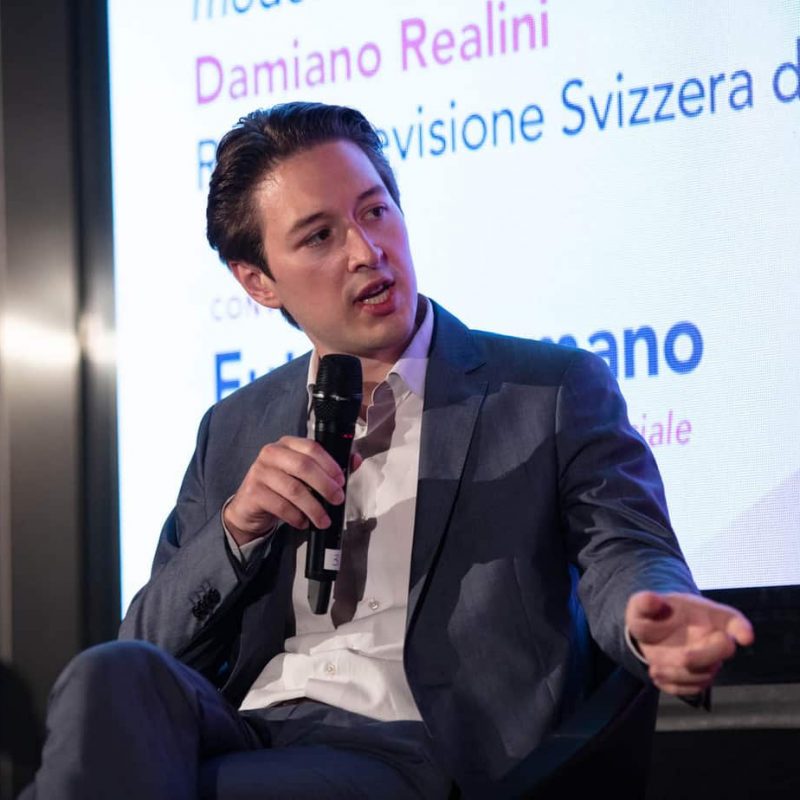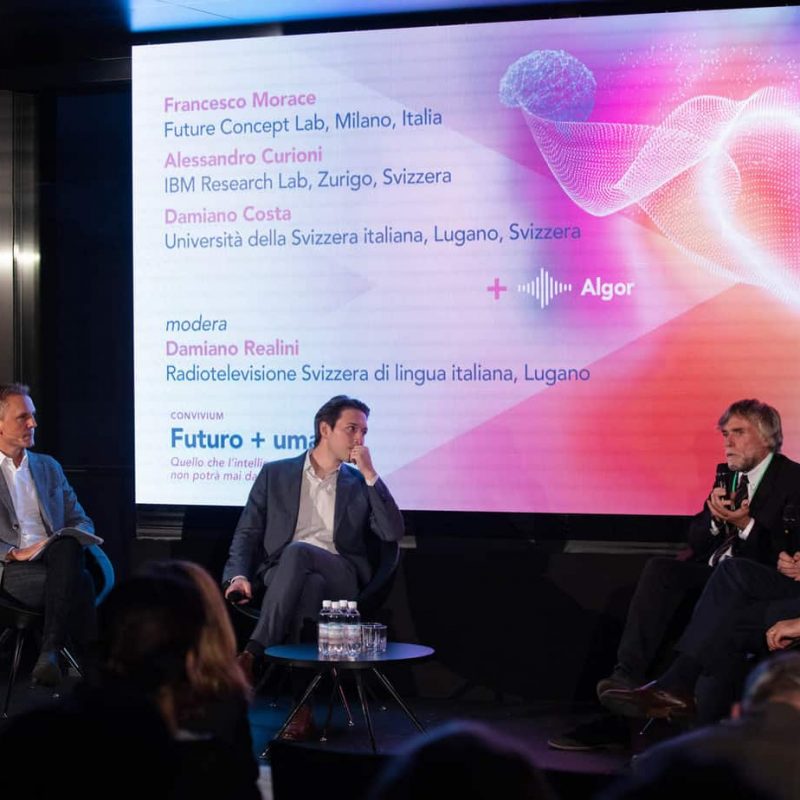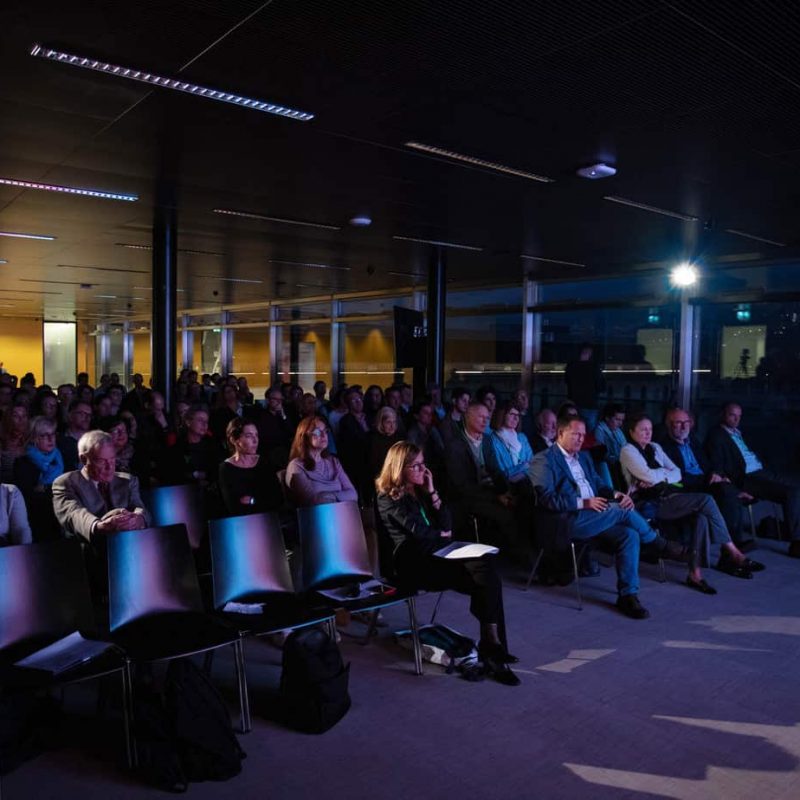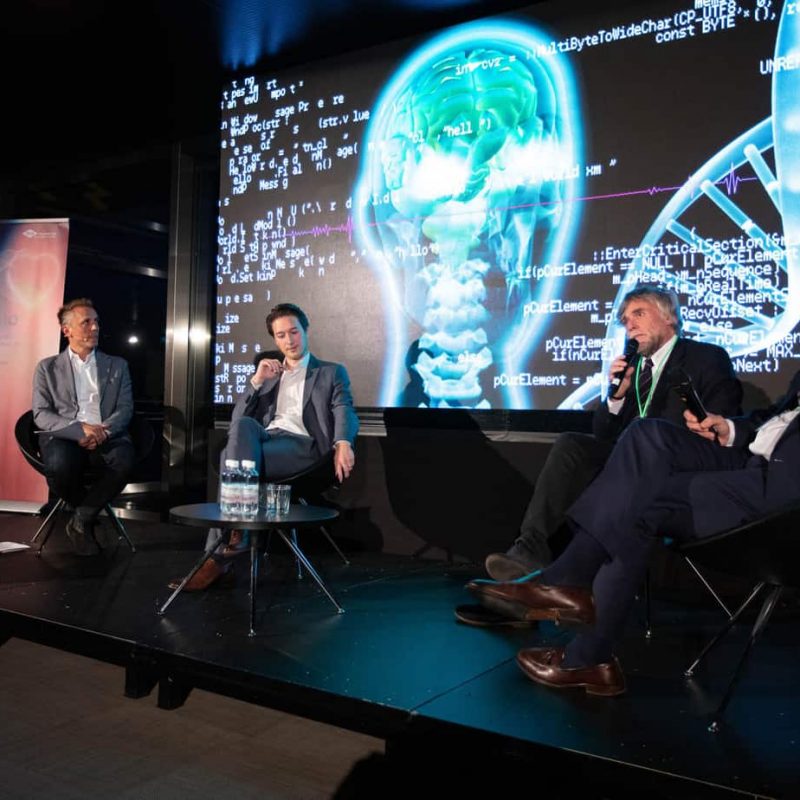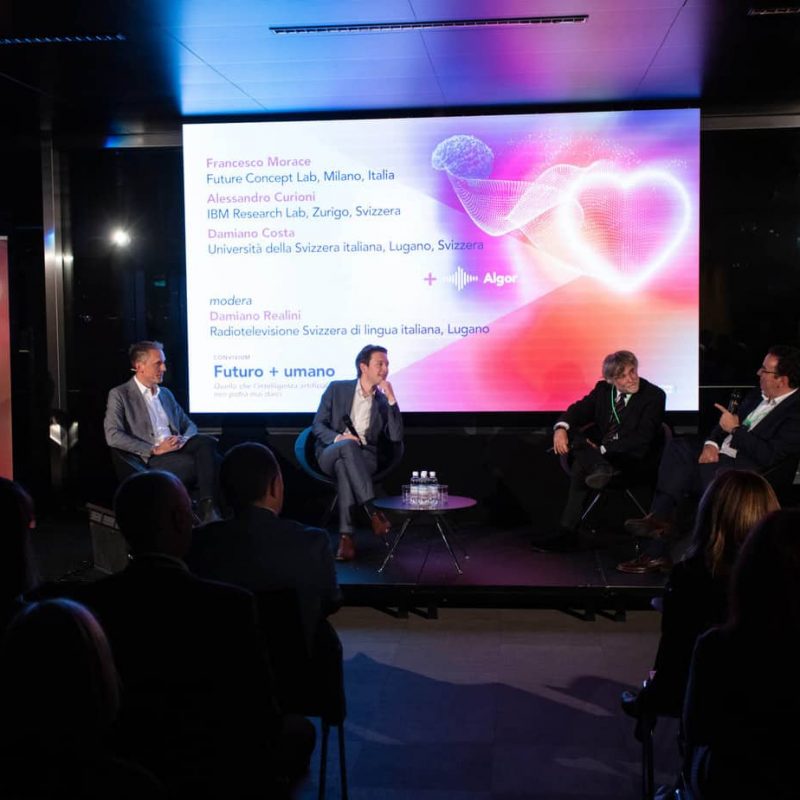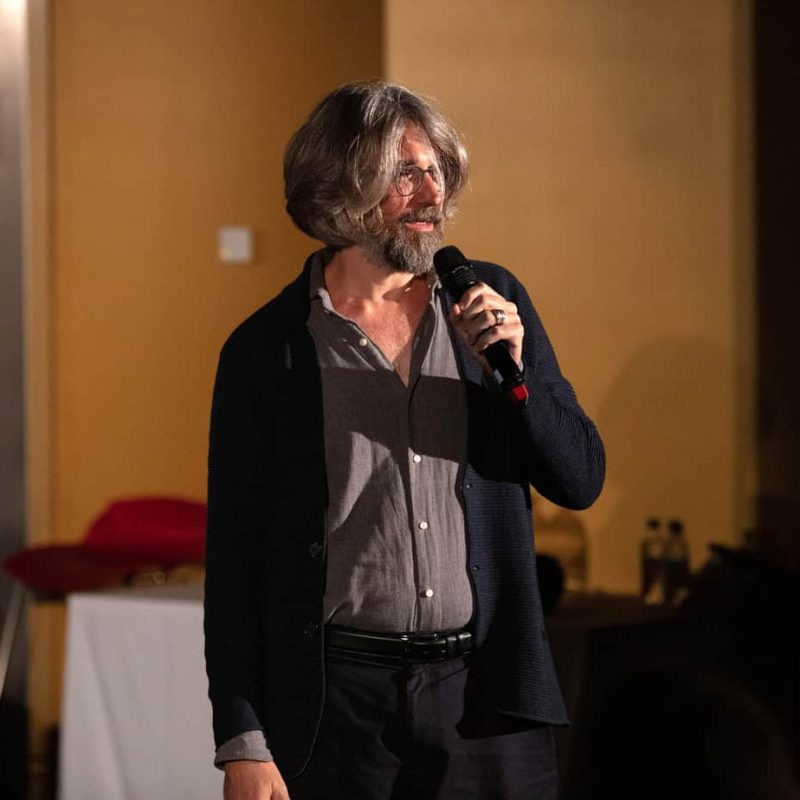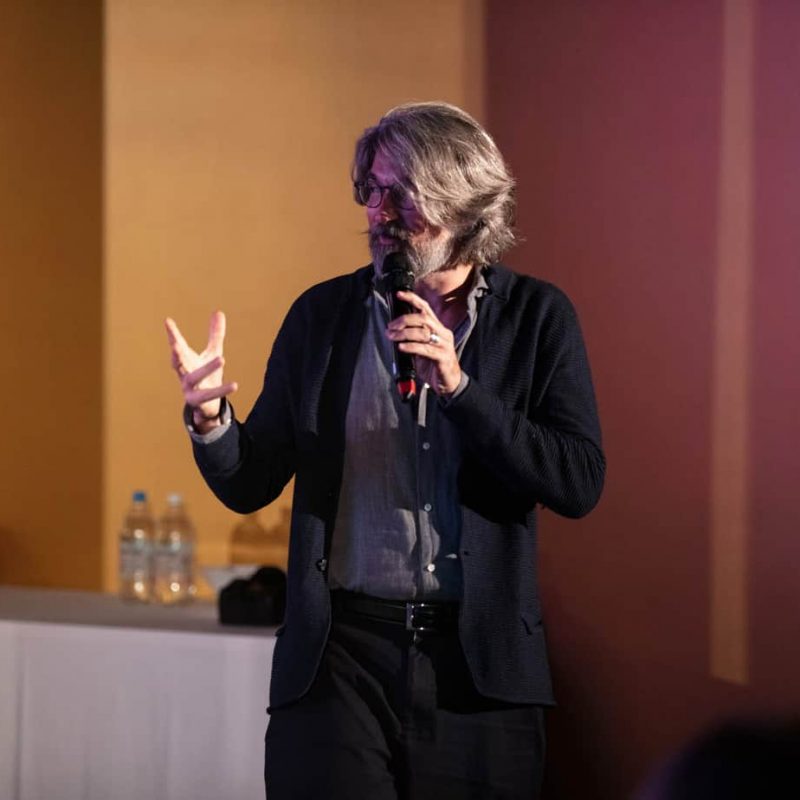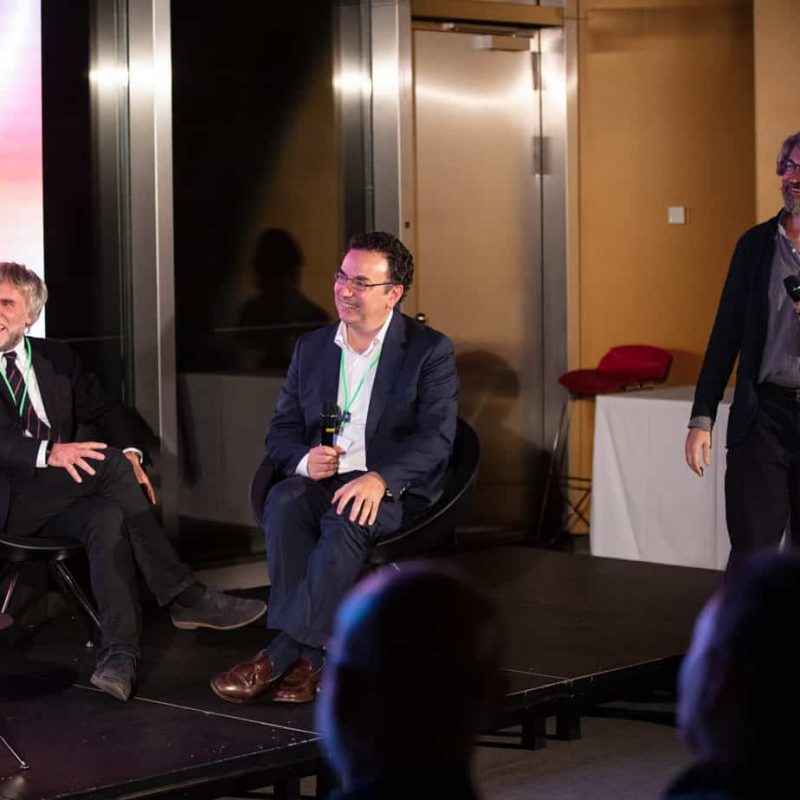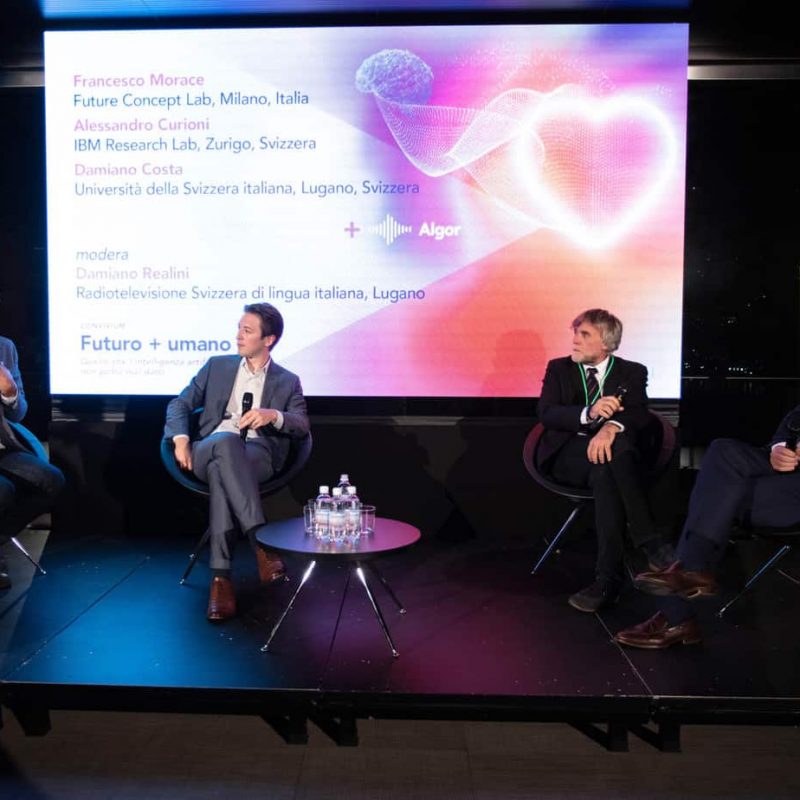Human beings have a fragile and chaotic dimension, made up of whims, weaknesses and passiveness, but they also have an endless supply of curiosity, passion and ability to care. Alongside these, a third fascinating dimension uncovers unexpected solutions. The theory that guides the thoughts of Francesco Morace, sociologist and President of Future Concept Lab, is that we need to start from life itself and from the most human aspects of life to search for clues for a better world.
Solutions to problems are not defined by programming, although necessary, but by the meeting of the “principle of hope” with the “principle of responsibility”, two profound human components that cannot be reproduced by artificial intelligence. Machines cannot hope and they definitely cannot be considered responsible for their actions. In this regard, too often we forget what makes us unique and inimitable: curiosity and compassion, joy and affection, mood and character, faith and hesitation. And yet our destiny and our intelligence depend on the impenetrable ensemble of these factors, essential human qualities for a high-resolution proposal as an additional alternative to the low resolution that we must not resign ourselves to, in order to turn curiosity into taste, passion into applied talent and care into inimitable quality – also to the advantage of the destiny of our system.
Alessandro Curioni, Director of IBM Research in Zurich, and Damiano Costa, coordinator of Master in Philosophy at USI (Università della Svizzera italiana) talked about these issues together with Francesco Morace.
Location
LAC Lugano Arte e Cultura – Switzerland
Date
October 9, 2019 – h. 18:30 – 20:00
Press Review
click here to download the PDF
Video Interviews
A FUTURE OPEN TO HOPE
Damiano Realini – Journalist and Presenter at RSI (Radiotelevisione Svizzera di lingua italiana), Lugano, Switzerland
The world is divided into technophobes, those that are terrified of new technology and Artificial Intelligence, and technophiles, those in love with machines. Before I would have put myself in the former group: but now I have understood that if we can overcome these fears, we can become better and more powerful human beings. I just have to think of the time my grandfather was given an iPod for his birthday: something technological became part of the life of a person who had always lived in a rural world, and it made him happy! If technology was able to make my grandfather happy, I think there are reasonable grounds for hope.
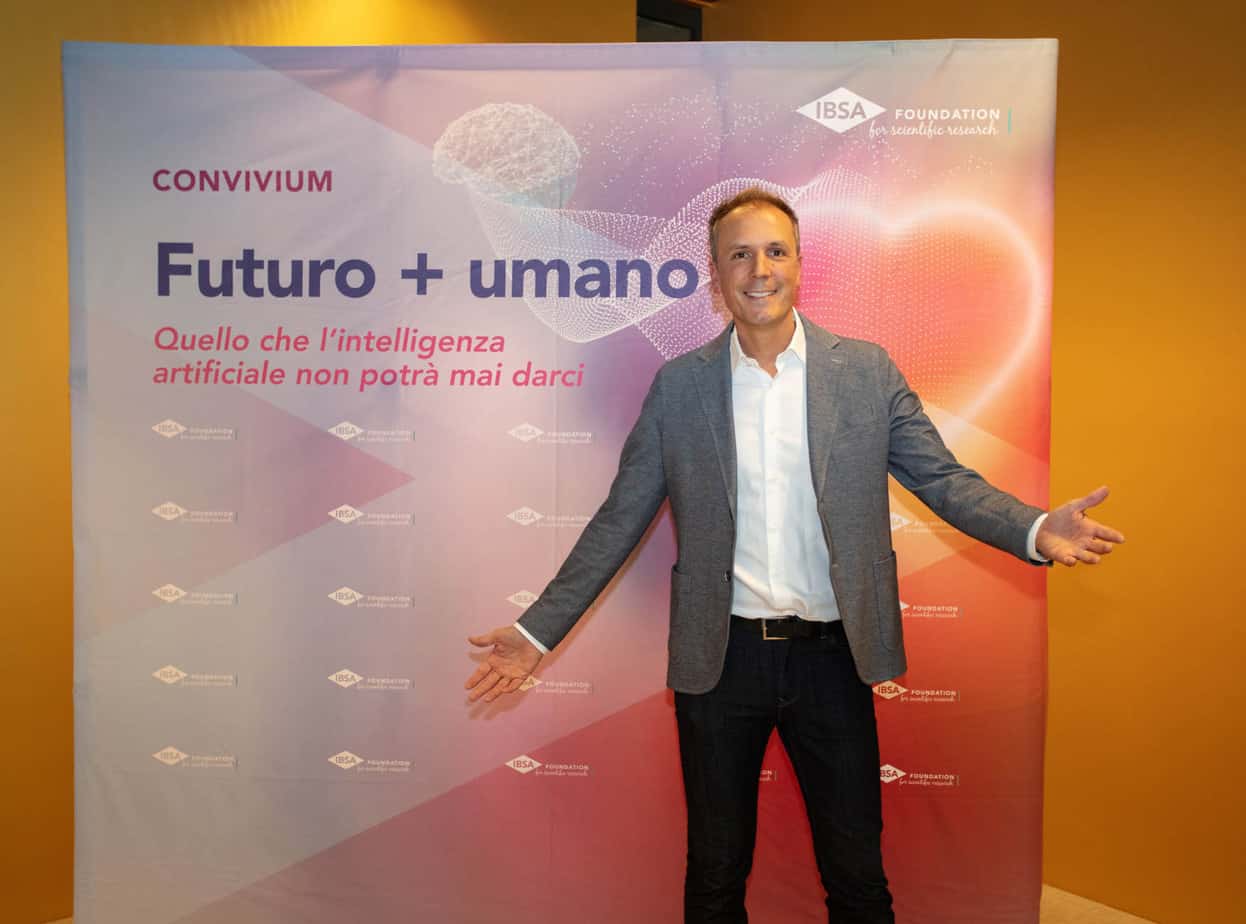
WE WILL CONTINUE TO DO MANY THINGS BETTER THAN MACHINES
Francesco Morace – Sociologist and President of Future Concept Lab, Milan, Italy
Artificial Intelligence is certainly very powerful in the fields of computation, memory and calculation: in this respect we have to accept the superiority of machines. But we have many other skills and qualities that form a part of our intelligence. We have to find a proper balance between what machines can do – freeing up time and energy in what we do – and what, on the other hand, each one of us will continue to do much better than a machine in terms of creativity and caring. We shouldn’t be afraid of Artificial Intelligence, but rather of natural stupidity.
I believe that one of IBSA Foundation’s great merits is the broadening of our thinking on subjects that are of great importance to each and every one of us. Human awareness has to play a part in this historic step, otherwise we risk finding amazing resources for the future that people do not understand or use.
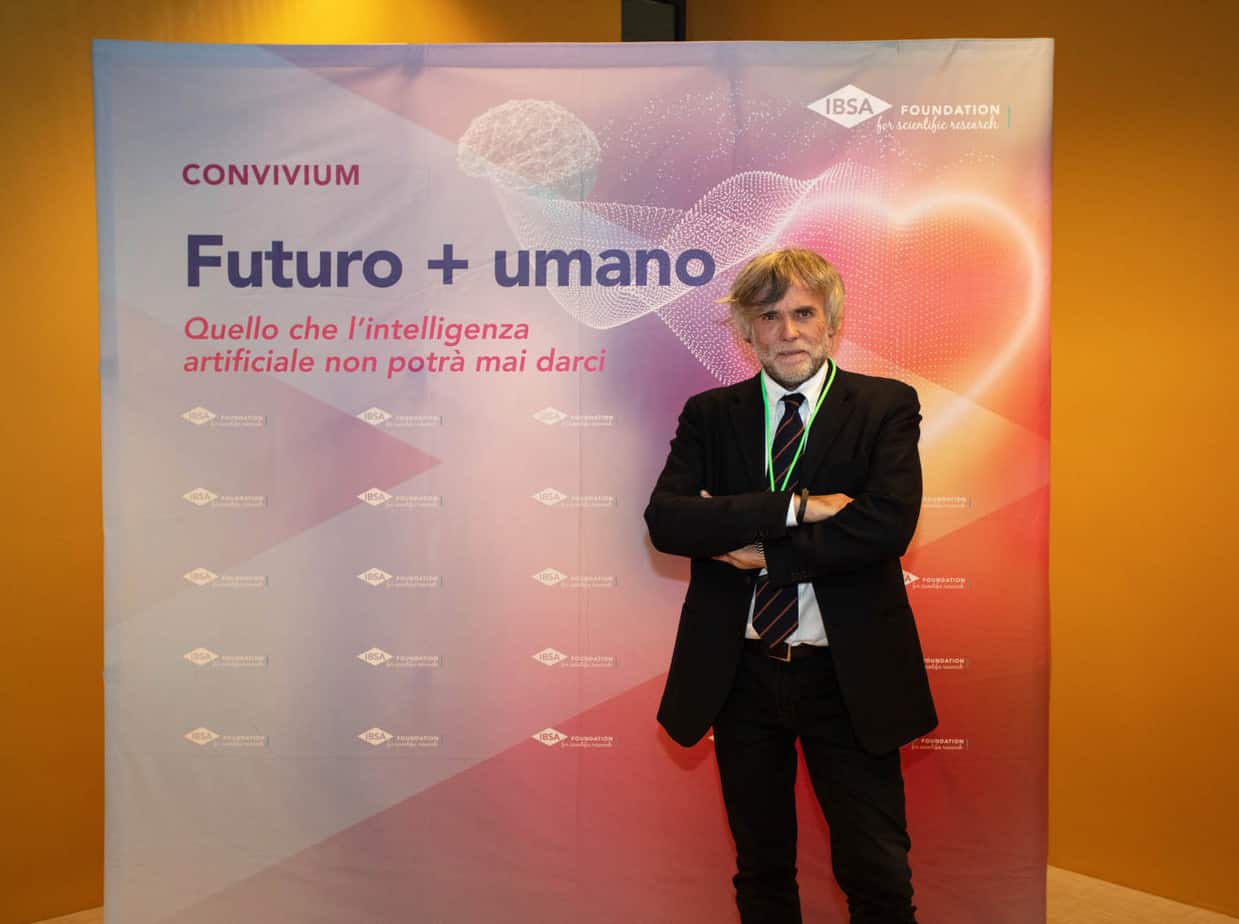
TECHNOLOGY WE OUGHT NOT TO BE AFRAID OF
Alessandro Curioni – Director of IBM Research in Zurich, Zurich, Switzerland
The subject of this round table is Artificial Intelligence, the new technology that will enable us to understand data and extract knowledge from it, and that will allow everyone to work better and more efficiently. This is a kind of technology that should not cause fear, because it will help us to be better at our jobs and as a society. Machines can help us to optimize specific processes, and gather together information so that we can make more informed and holistic decisions.
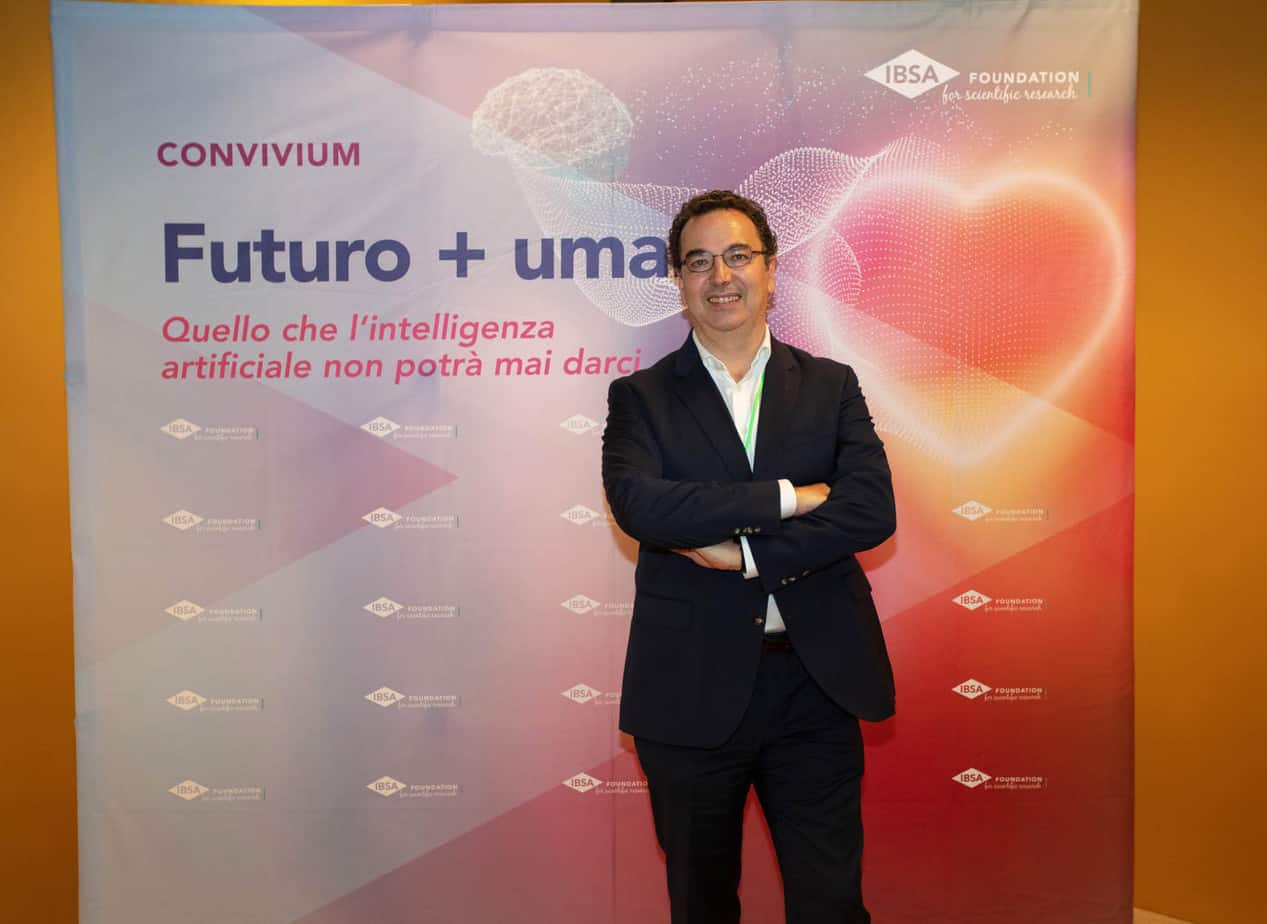
IT IS IMPOSSIBLE TO CREATE ARTIFICIAL PEOPLE
Damiano Costa – Philosopher and Researcher at USI, Università della Svizzera italiana, Lugano, Switzerland
Artificial Intelligence is a field of study that we can say has two objectives: the first is to create machines that simulate human behavior and that therefore behave as if they are thinking, feeling emotions and making decisions. The second goal is much more ambitious: to make machines that, in fact, think, have feelings and make decisions. In other words, to create artificial people. An unattainable goal.
If we were to concentrate on the first type of machine, we would find that it had absolutely no spiritual side; in the second type of machine, we would see the varied landscape that is typical of our minds. Because these machines do not have a spiritual side, they are not responsible for their actions and are guided by us – we choose them and we program them. Machines will be able to help us with intelligence, but they will always need us for wisdom.
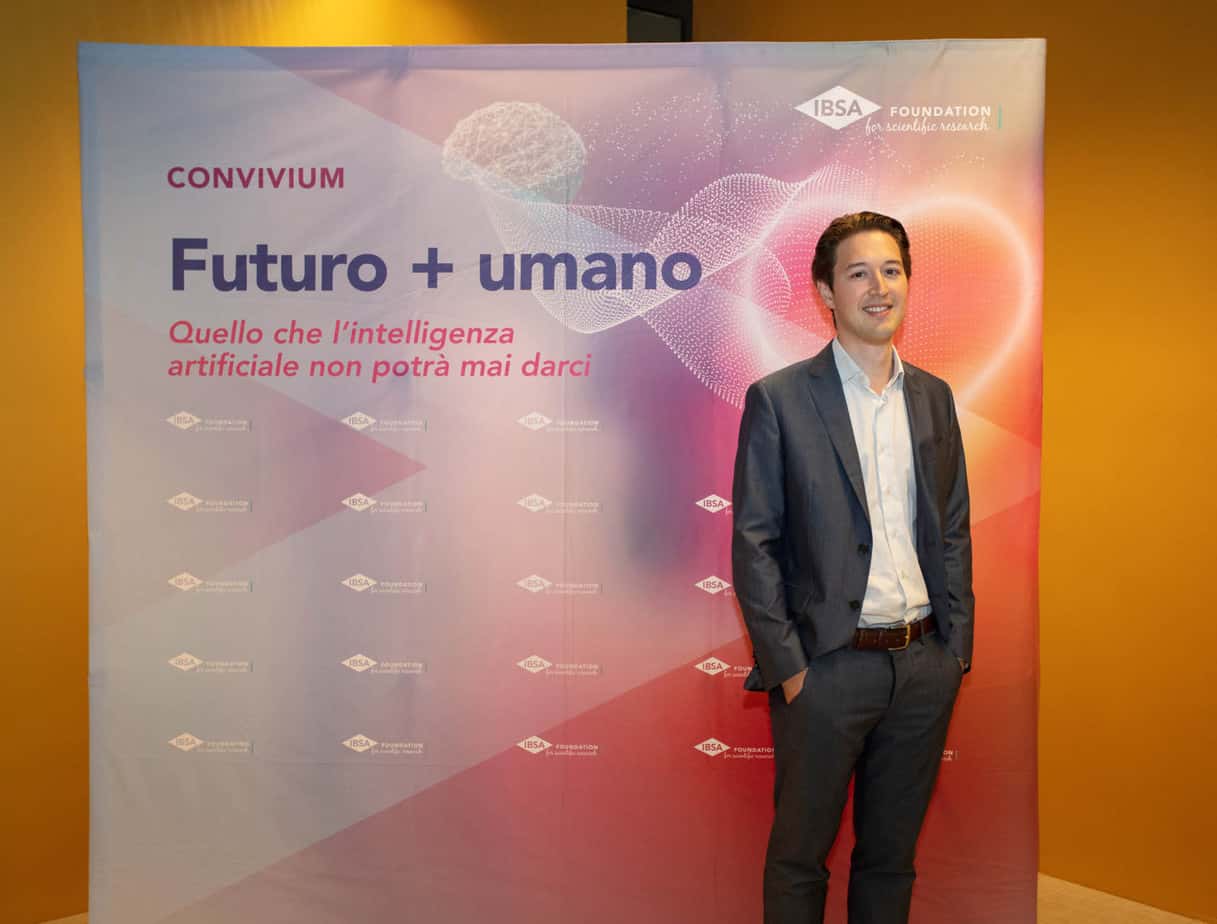
THE DIFFICULTIES A MACHINE HAS IN UNDERSTANDING A HUMAN BEING
Igor Horvat – Theater actor, Milan, Italy
For the Round Table we had the idea of creating the character Algor, who only has a voice because it is a kind of vocal assistant, an interface that interacts directly with the speakers. Algor appears to be very efficient and plays the role well, but at a certain point the game is up, when the machine is asked for its personal opinion on what it has just heard…
To write the script I had to enter another thought dimension and ask myself how technology can interact with the human world of improvisation, trying to understand the difficulties that a machine may experience that has not yet received the instructions on how to act this way.
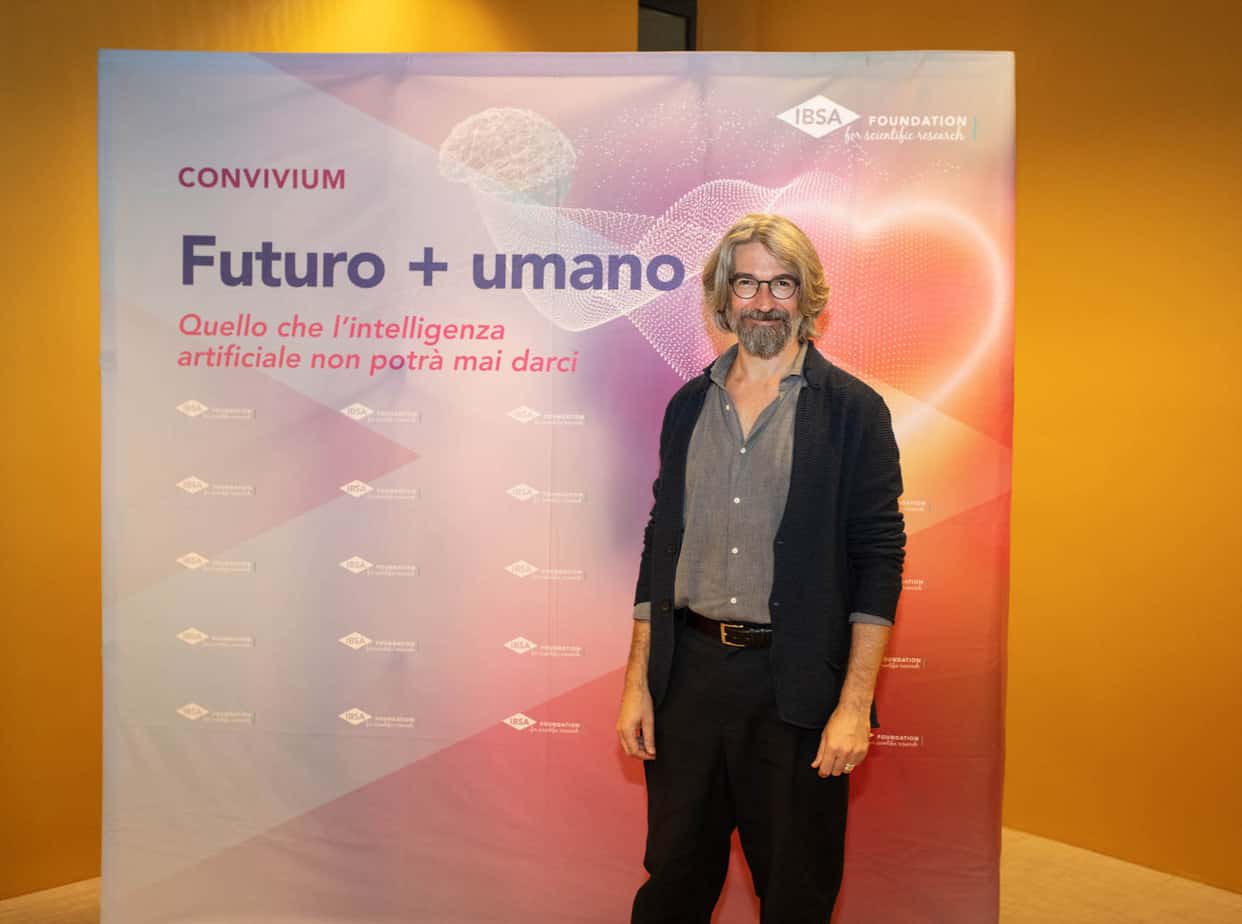
Video trailer
Full video
Photos


